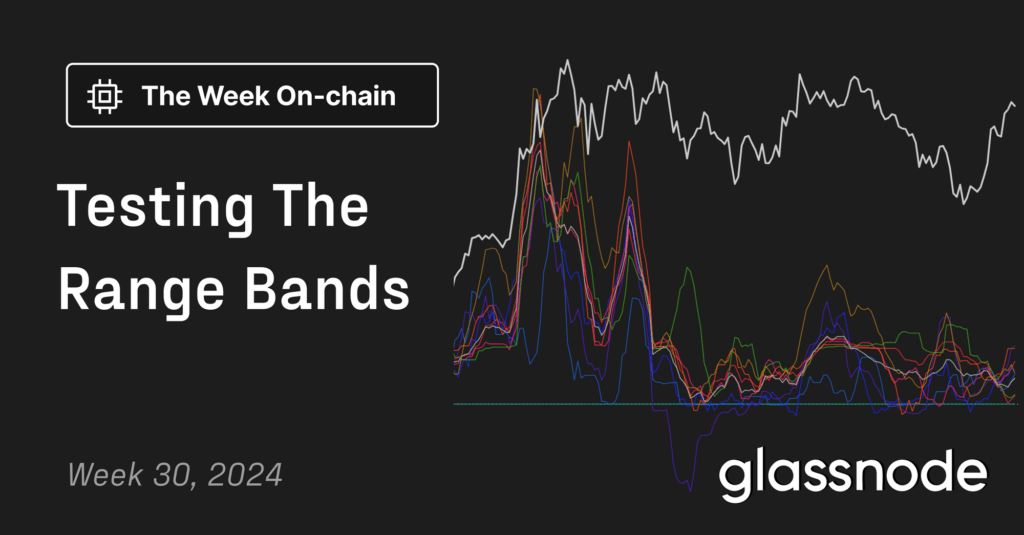Podcast Summary
In this podcast, the hosts discuss a wide range of topics including the current state of U.S. politics, global economic challenges, the influence of China, Argentina’s economic situation, El Salvador’s economic reforms, and the transition of Twitter to X.com. The conversation delves into the complexities of political chaos, populist movements, hyperinflation, economic reforms, and the impact on content creators on platforms like Substack.
Key Takeaways
The State of U.S. Politics and the Rise of Populist Movements
- Political Chaos: The podcast highlights the current state of U.S. politics, describing it as a particularly weird time with investigations into prominent political figures and a polarized political discourse.
- Decline of Political Integrity: The discussion emphasizes the loss of ethical framework, corruption, and criminality in Washington DC, comparing the situation to a crumbling empire.
- Rise of Populism: The hosts discuss the rise of populist campaigns and reactionary movements, reflecting a symptom of massive inequality and dissatisfaction with the existing system.
Global Economic Challenges and the Influence of China
- Geopolitical Struggle: The podcast explores China’s influence in Latin America and Africa, leveraging economic relationships to access critical minerals and pursue their Taiwan policy.
- Global South and Inequality: The discussion touches on the inequality between developed and developing nations, emphasizing that the winners are taking too much of the pie, leading to potential instability.
- China’s Tactics: The hosts compare China’s economic tactics to those of the U.S., highlighting their maneuvering and leveraging in global politics.
Argentina’s Economic Situation and Potential Future
- Hyperinflation and Society: The podcast delves into Argentina’s experience with hyperinflation, contrasting it with Venezuela and discussing how society is conditioned to proactively hedge and minimize risk.
- Political Change: The hosts discuss the rise of outsider candidates like Malay in Argentina, reflecting a fed-up populace and potential for radical change.
- Window into the Future: The situation in Argentina is seen as a potential window into the future for countries like the UK and the US, especially in terms of state interference in business and inflation.
El Salvador’s Economic Reforms and Latin America’s Emerging Markets
- El Salvador’s Success: The podcast highlights El Salvador’s economic reforms, including GDP growth and fiscal deficit reduction, as a controversial yet potentially successful model.
- South American Leaders: The discussion emphasizes the efforts of South American leaders to stimulate their economies and move away from reliance on the IMF and World Bank.
- Reverberation in South America: The hosts speculate on the potential impact of successful economic reforms in countries like El Salvador and Argentina on the rest of South America.
Twitter’s Transition to X.com and the Impact on Substack Authors
- Throttling of Substack Authors: The podcast discusses the new owner of Twitter’s treatment of Substack authors, leading to significant throttling of content and affecting audience growth.
- Decision to Move to Notes: The hosts explain their decision to move to Notes, a Twitter competitor, in response to the antagonistic approach towards Substack authors.
- Impact on Content Creators: The discussion emphasizes the real damage being done to content creators trying to grow an audience on platforms that may not support their growth.
Sentiment Analysis
- Bullish: The podcast expresses a bullish sentiment towards certain economic reforms in Latin America, particularly in El Salvador, and the potential for positive change in Argentina’s political landscape.
- Bearish: A bearish sentiment is evident in the discussion of the current state of U.S. politics, the decline of political integrity, global inequality, and the challenges faced by content creators on platforms like Twitter.
- Neutral: The podcast maintains a neutral stance on certain topics, such as the comparison between China’s economic tactics and those of the U.S., without expressing a clear sentiment in favor or against.











